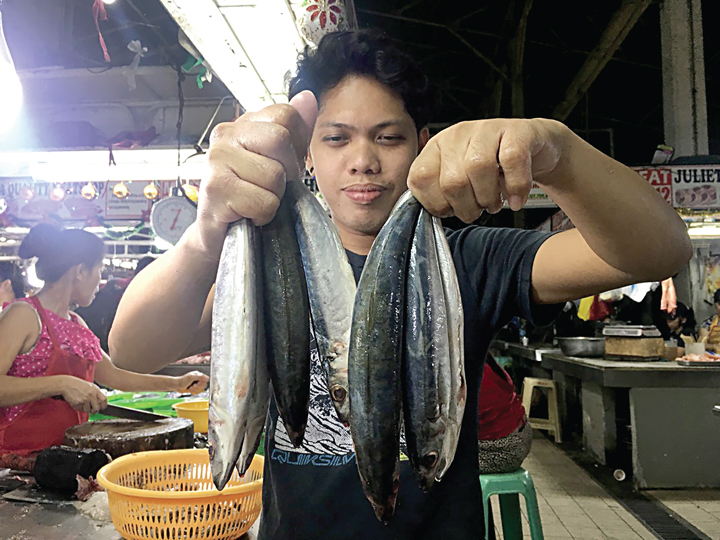
The Pambansang Lakas ng Kilusang Mamamalakaya ng Pilipinas (Pamalakaya) on Tuesday launched an information drive as part of the group’s call to boycott imported fish, particularly round scad or galunggong.
“The objective is to guide the public on how to identify the imported and local galunggong. We will release and distribute informative leaflets explaining why we should boycott the imported galunggong and other fishery products, and instead patronize the fresh produce of our local fishers,” Fernando Hicap, Pamalakaya national chairman said in a news statement.
The former Anakpawis party-list representative said as part of the campaign, members of the group will go market hopping for a massive information and a separate education drive in coastal and urban poor communities.
The group is also appealing to fish vendors to reject imported fish so as not to incur losses once the group begins its full-blast campaign to boycott imported fish.
To recall, the Department of Agriculture (DA) has allowed the entry of at least 60,000 metric tons of galunggong, among other pelagic fish products, to be directly sold in local markets starting this month. With the policy, the group expects imported fish, particularly galunggong once dubbed as the so-called poor man’s fish, to flood local markets.
“We are calling on the consumers and fish vendors to reject the imported fish for their own safety and benefits. The fish-consuming public deserves fresh, quality fishery products, not frozen and tainted with chemical preservatives from imported ones,” Hicap said.
According to Hicap, it would be easy for the regular market goers to identify the imported from the local fish.
“Fresh fish has clear and bulging eyes, compared to the dull and sunken eyes of those that are frozen. Moreover, we can determine the freshness of the fish by its gills, which should be pinkish or bright red. Faded gills indicate that the fish is already past its prime,” Hicap explained.
Lastly, Hicap said the campaign would ultimately demand the strengthening of local fisheries production in the form of livelihood subsidy and aid, to end the country’s reliance on imported agricultural products.

